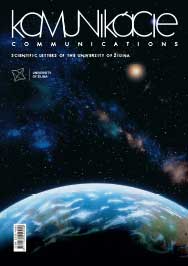Constraint Aspects of the Evaluation of Fatigue Test Results in Paris Region
Constraint Aspects of the Evaluation of Fatigue Test Results in Paris Region
Author(s): Zdeněk Knésl, Pavel Hutař, Stanislav SeitlSubject(s): Methodology and research technology
Published by: Žilinská univerzita v Žilině
Keywords: Fatigue Test Results; Constraint Aspects; Paris Region; fatigue crack growth;
Summary/Abstract: The growth of the fatigue crack is dependent on the crack growth resistance of the material as a bulk property. The fatigue crack growth properties of a material are usually described by the correlation between a crack propagation rate, and a corresponding range of the stress intensity factor (Paris-Erdogan law). Formulated modified Paris-Erdogan law estimates quantitatively the changes of the fatigue crack propagation rate due to different level of constraint. In-plain constraint was described by T-stress value. The validity of the approach suggested has been proved by the comparison of measured and calculated values of the crack propagation rate and it was found that experimental values correspond well with those numerically predicted. The results presented makes it possible to relate experimentally measured data obtained from specimens with different geometries and thus contribute to more reliable estimates of residual fatigue life of structures.
Journal: Komunikácie - vedecké listy Žilinskej univerzity v Žiline
- Issue Year: 8/2006
- Issue No: 4
- Page Range: 25-28
- Page Count: 4
- Language: English

